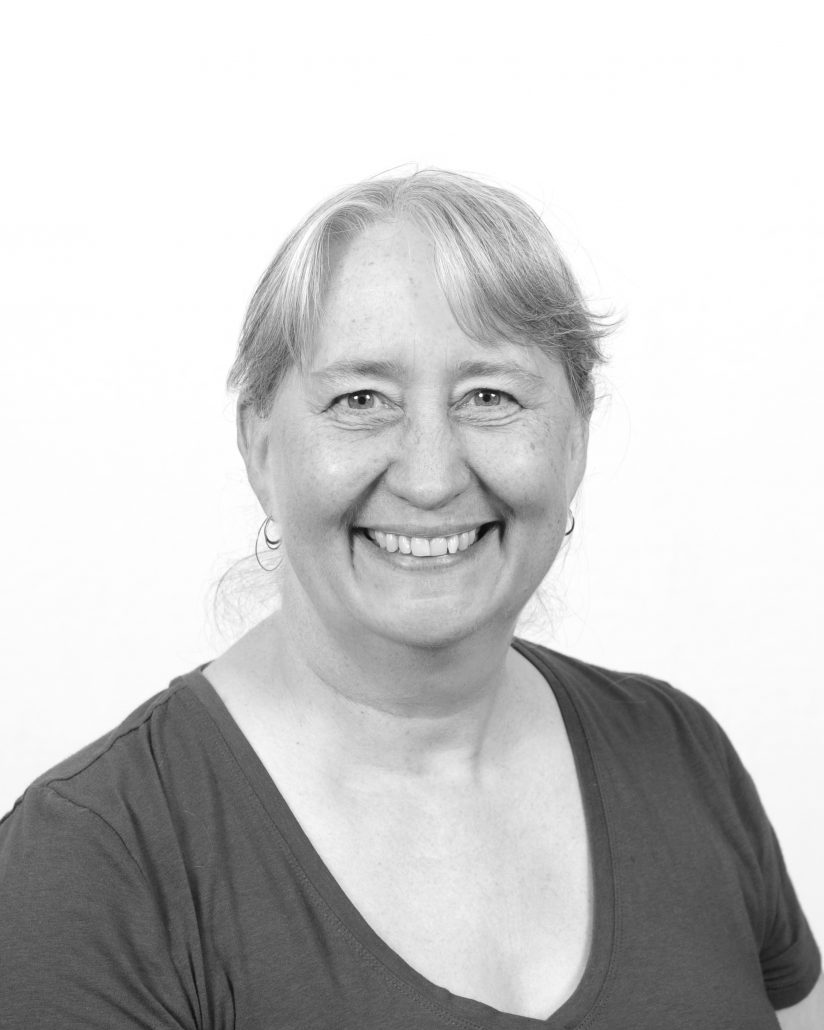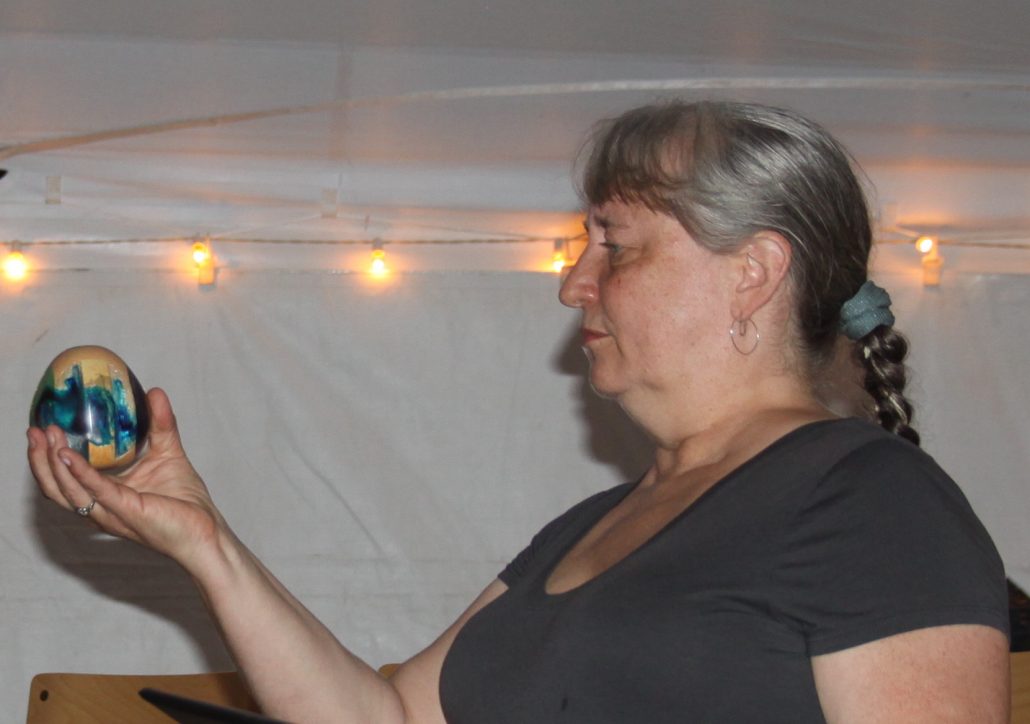Allison Turner
Fields
Laboratory & Field work in Natural Sciences
Education
B.S., University of California, Berkeley, 1983, Environmental Science
Certificates in Herbal Medicine (3), California School of Herbal Studies, 1986-1992
M.S., Marlboro College, 1999, Biochemistry/Pharmacognosy
PhD, University of Illinois, Chicago, 2006. Pharmacognosy.
At Marlboro Since
1960

I started my studies with environmental science, and through a variety of paths ended up with pharmacognosy, which is a collection of all of the scientific fields that are useful when examining natural product (mostly herbal) medicine. Thus my training includes such fields as environmental science, general biology, botany, taxonomy, chemistry, biochemistry, anatomy and physiology, microbiology, pharmacology, pharmacokinetics, and pharmacodynamics, among other fields.
I apply this broad range of interests and expertise to biology and chemistry laboratory studies, enlivening routine introductory courses with current issues (e.g., Can cranberry juice be used as a pH meter?). My background has allowed me to work with more advanced students on such diverse topics as plant taxonomy, cosmetic formulation, various pre-medical topics, and environmental studies examining the college’s ecological reserve.
Teaching Philosophy
Laboratory work and field work in sciences is critical to any scientist: the hands-on experience conveys the general principles and minute details of science in ways that a purely didactic study can never achieve. Nothing brings home an important fact and commits it to memory like watching it unfold before your eyes, and seeing how your actions can, repeatedly, produce a particular result.
Of special interest to me is following students’ leads for new and innovative ways to examine a problem, thus I always include at least some student-designed work in laboratory and field courses.
Scholarly Activities
My Masters level work was on antioxidant activity of some select herbal medicines, and my PhD dissertation examined the constituents of cranberry juice and its activity against urinary tract infections. In the course of studying cranberries, I discovered two new interesting chemical compounds previously unknown to humans, and I published these as well as other related works. My studies also strongly suggested that the prevailing compounds suspected to be “active” in cranberry for UTIs (proanthocyanidins) were in fact unlikely to have an impact.
Current work, in collaboration with students, will include an extensive data-rich and illustrated examination of the college’s Ecological Reserve.


